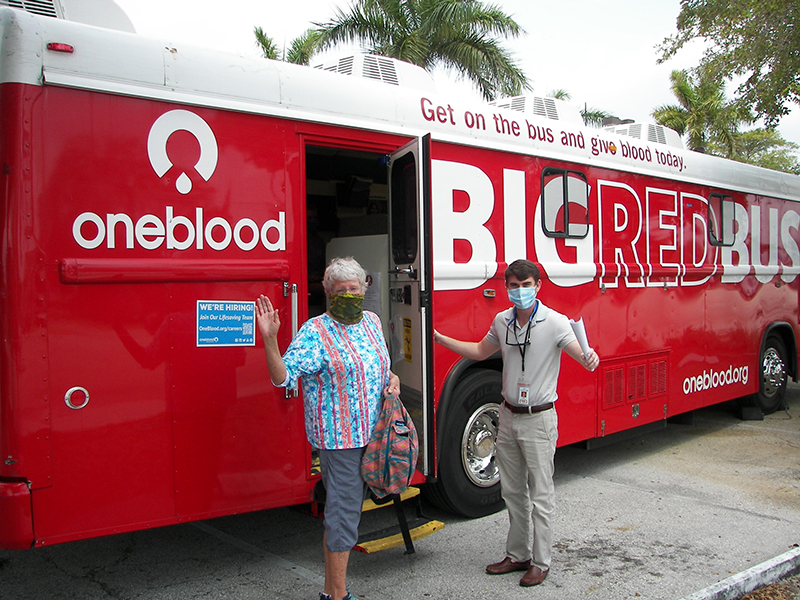By Jennifer L. Fulton
The coronavirus pandemic has all of us making our emergency preparedness list: hand sanitizer, toilet paper, sanitizing wipes, etc. But perhaps you haven’t thought of another important measure that should be in place, to protect you and your family: a basic estate plan. This can be done with social distancing measures in place. Here are the basics you should have in place:
A Health Care Surrogate names another person (or persons) who can make health care decisions for you if you are not capable of doing so. These decisions include the end-of-life decisions you would state in your living will, and decisions regarding whether or not to have a procedure or where to transfer you if you needed rehabilitative care.
A Living Will is a document that states your preferences for end-of-life decisions so your health care surrogate and doctors know your wishes and can act accordingly.
A HIPAA authorization and waiver is also a good idea. It allows the people named therein to ask questions of the medical staff at your hospital and receive answers.
A General Durable Power of Attorney will allow your named agent to act on your behalf to transact the business of your life. This document is valid immediately in Florida.
A Declaration of Pre-Need Guardian allows you to pick, while you are competent, the person you would want the court to use as your guardian if you ever were in a situation where a guardianship should be established to care for your person and your finances.
Your Last Will and Testament is important to your estate plan. If you have minor children, you can name a guardian for them here. It also identifies who your family members are (which helps the court determine that question during probate) and allows you to nominate a personal representative. In addition, you can state how you want your assets distributed on your death, which may be different from the default provided under Florida’s intestacy statutes.
A Revocable Living Trust also benefits most people. During the grantor’s lifetime, the trust is treated like their own money (because it is!). However, those assets that fund the trust during lifetime are then available to a successor trustee, if a grantor should become incapacitated, to care for the grantor and pay bills on the grantor’s behalf. Married couples can create joint revocable living trusts. After the death of the grantor (or grantors, if it is joint), the assets are held and managed on behalf of the beneficiaries according to the terms of the trust. While trust assets are not exempt from the grantor’s creditors, they are protected in most cases against the beneficiaries’ creditors for so long as they remain in the trust. As its name implies, a Revocable Living Trust can be changed by the grantor until incapacity or death, at which time the trust becomes irrevocable. Since the assets in the trust avoid probate, they are not tied up in a restricted depository and can be used to make payments to care for ongoing expenses and pay distributions to the beneficiaries once creditors have been determined. Trusts can care for finances for minor children and can hold funds beyond minority to assist the beneficiaries with schooling and beyond.
If you don’t yet have an estate plan, if your current estate plan is outdated or if you recently moved to Florida and have will from another state, now may be a good time to address it. The Law Offices of Robin Bresky remain open to provide these essential services and can help you with your estate planning needs while practicing safe social distancing. Consultations can be done remotely, and, as of this writing, appointments for signing and witnessing the documents can be done through the window of your car. While you can’t control everything in life, you can take measures to be prepared. Consider creating or updating your estate plan as part of your preparedness plan.
Jennifer L. Fulton, Esq. is an attorney, of counsel, at The Law Offices of Robin Bresky (www.breskylegal.com) focusing on Estate Planning, Probate, and Estate and Trust Administration. She can be reached at 561-994-6273 or EstatePlanning@BreskyLegal.com.
This information is provided for general educational purposes and may not apply to your specific situation. Please consult with an attorney before relying on this information.












